7 Wisdom Teeth Removal Recovery Tips
Read this article to learn more about wisdom teeth removal recovery.
Wisdom teeth are now classified as vestigial organs , meaning they no longer serve a purpose because of our biological evolution.
In the past, humans may have needed them due to having a high diet dense plant matter (e.g. roots and leaves) and meat.
As we've evolved, we've gained the *wisdom* to realize we no longer need these teeth. In fact, wisdom teeth cause many people pain and cause an undesired shift in teeth alignment.
Most people have them removed but that isn't to say that the process is easy as pie.
Keep reading to learn 7 essential wisdom teeth removal recovery tips to make sure you heal in a timely manner.
Wisdom Teeth Removal Recovery Timeline
You may be wondering what to expect after wisdom tooth extraction.
It may take 2 to 4 weeks for the socket (i.e. the surgical site) to completely heal.
Luckily, your discomfort and swelling shouldn't last that long.
You can expect a puffy face for up to 3 days and then the inflammation should start decreasing.
During this time, the sockets are working hard to heal. First, your body stops the bleeding, known as hemostasis. It does this by gathering blood cells together to form a clot.
It's important to follow these 8 tips to help the swelling, hemostasis, and overall healing process so that you're back to normal within a month.
1. Take It Easy
For the first 24 hours after your surgery, you should get plenty of rest and refrain from physical activity.
In fact, it's ideal to refrain from strenuous activity for 3 to 5 days.
Lay down and watch a movie or listen to a podcast. Keep your head elevated and try to sleep on your back to avoid pressing on your cheeks.
2. Be Mindful of Your Gauze
Gauze is the fabric that aids your sockets in their healing process. It helps stop bleeding and promotes clotting.
Your dentist will put gauze in your mouth after they remove your wisdom teeth. After a few hours, you should change the gauze with a fresh, new set every hour or so.
You'll want to gently but firmly bite down on the gauze, as pressure helps the bleeding stop. Continue this process until the bleeding has stopped and there is a clot in place.
3. Enjoy Some Tea (But Don't Drink It)
Once the bleeding has stopped, you can carefully place a moist tea bag over your sockets. Bite down on it for up to 30 minutes and then carefully remove it.
Tea, amongst many other things, contains polyphenols such as catechins, flavonoids, and tannins.
In laymen's terms, these molecules help reduce blood pressure and promote clotting, meaning the tea bag may help you recover.
You can do this every so often for a few days after the bleeding has stopped.
4. Regulate Your Pain
Often, dentists prescribe strong pain killers for wisdom teeth removal pain relief.
It's important to follow directions and use caution if you decide to take these.
If you want to manage pain in an alternative way, you can use over-the-counter pain medications like ibuprofen. This will also help decrease any inflammation or swelling.
Either way, it will help if you use cold and heat therapy.
For the first 48 hours, gently apply an ice pack to your jaw and face for up to 20 minutes. Take it off for 20 minutes and put it back in the freezer.
You can keep cycling 20 minutes on and 20 minutes off for two days after your procedure to reduce pain and swelling.
After that, you'll want to switch to heat therapy.
5. Stay Clean and Hygienic
Believe it or not, you can actually brush your teeth the night of your surgery.
Your jaw may be stiff, so it's important to open your mouth slowly and gently for the first week.
Be extremely careful not to come in contact with the surgical site so that you don't disrupt the blood clot. Also, don't swish your mouth with water or mouth wash.
After 24 hours, you should resume your normal brushing and flossing, still being careful of sensitive areas. Rather than swishing vigorously, gently rinse your mouth out with water.
If you wear an orthodontic retainer, you can start wearing it again after 24 hours unless it causes you pain. If it does, just wait a week until wearing it again.
6. Modify Your Diet
At the beginning of your recovery, liquids and soft foods will be your friend.
Start off by eating soft and cold foods like ice cream, smoothies, pudding, and yogurt. As you begin to recover, you can slowly begin to reintroduce semi-solid and eventually solid foods.
You won't want to eat hot or spicy foods during this time as it will increase discomfort.
Avoid tough and hard to chew foods for at least a week, including cereal, meat, and nuts.
Finally, make sure you're drinking plenty of water. Water helps the healing of all wounds, especially wisdom teeth extraction surgery.
Keep in mind that you shouldn't drink anything through a straw -- here's why.
7. Things to Avoid
We've covered the bases of what to do after wisdom teeth removal, but it's also important to note the few things you must completely avoid.
First, don't use straws, rinse your mouth intensely, or drink carbonated beverages. You should avoid all of these things because they can dislodge your clot and result in a painful condition called dry sockets.
The same thing goes for blowing your nose. The force you use to blow your nose can be painful and dislodge the clot, so you should wipe it with a tissue instead.
Finally, you must refrain from smoking and drinking alcohol for at least 48 hours. It's recommended to stay away from these things for the full term of your recovery.
Alcohol after wisdom teeth removal can interact with medications and also impair judgment, making it more likely that you'll accidentally bother the surgical site.
Nicotine is a vasoconstrictor, meaning it slows down the healing process of injured tissue.
Refraining from these things will keep you on track for a speedy and healthy recovery.
You'll Be Good to Go in No Time
If you follow these wisdom teeth removal recovery tips, you should be healed within a month's time.
Then, you'll never have to worry about your wisdom teeth again.
Best Dentist in Roseville
Contact us with any further questions or to schedule your appointment today.
Call us today!
813-543-6915
OFFICE HOURS
- Mon - Wed
- -
- Thursday
- -
- Fri - Sun
- Closed
All Rights Reserved | Carmichael Smiles
Website designed and maintained by Xpress, INC


